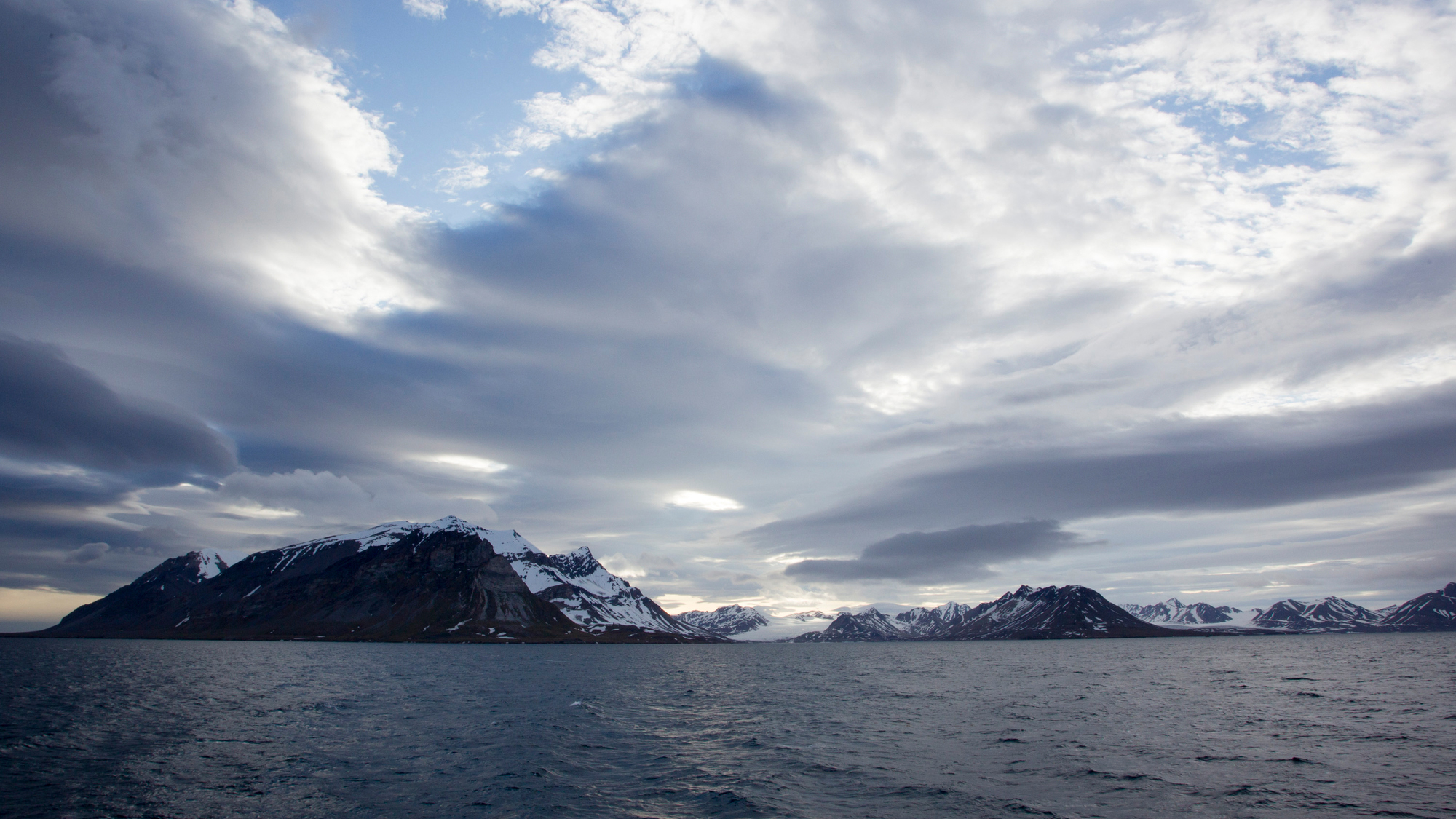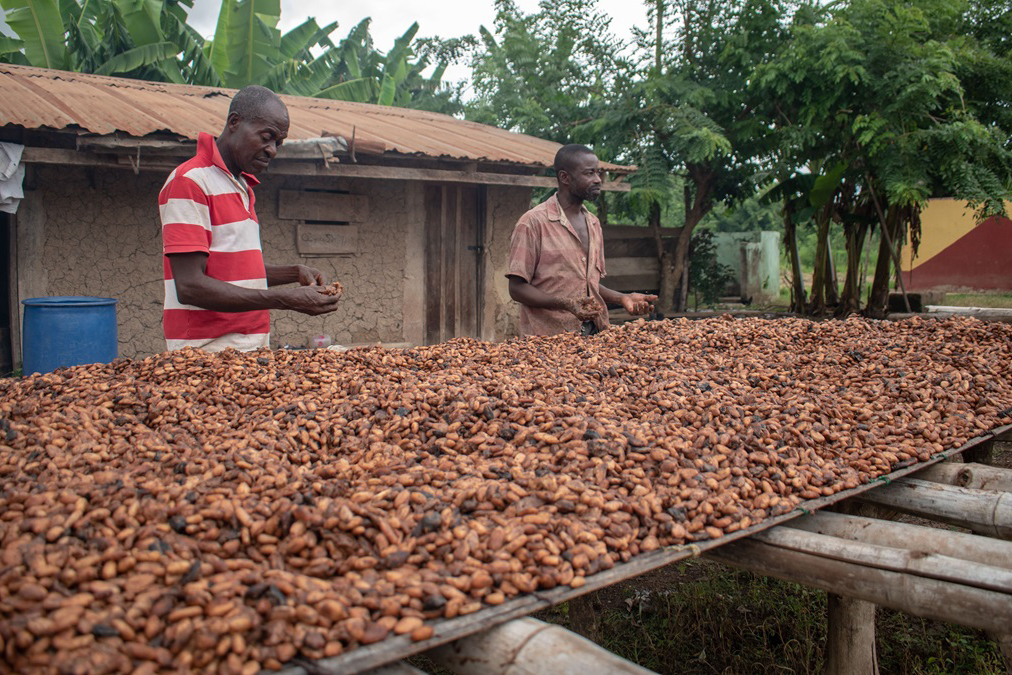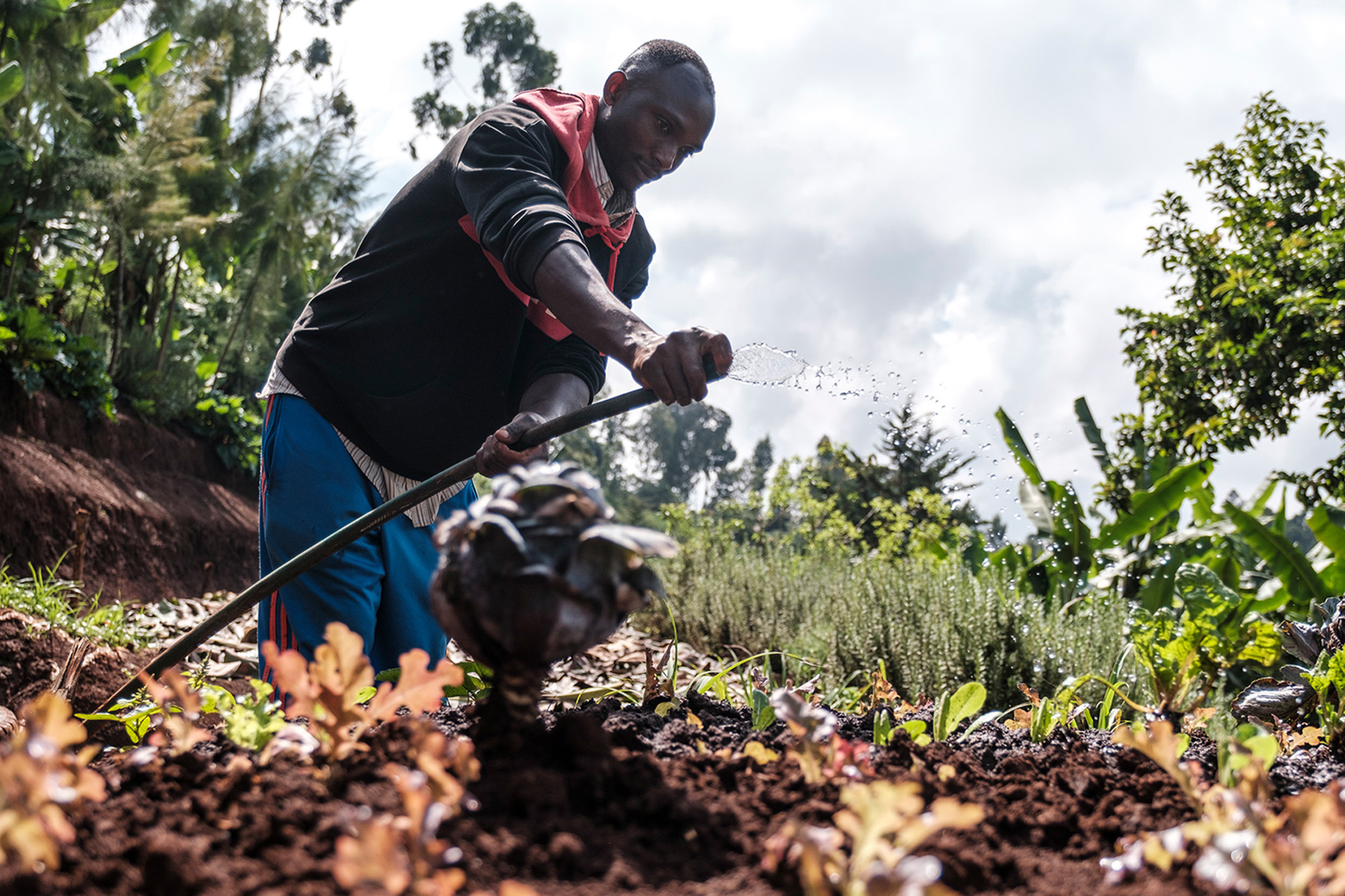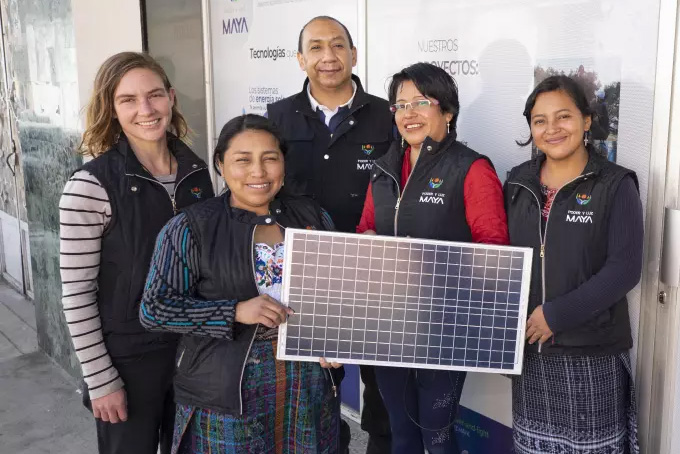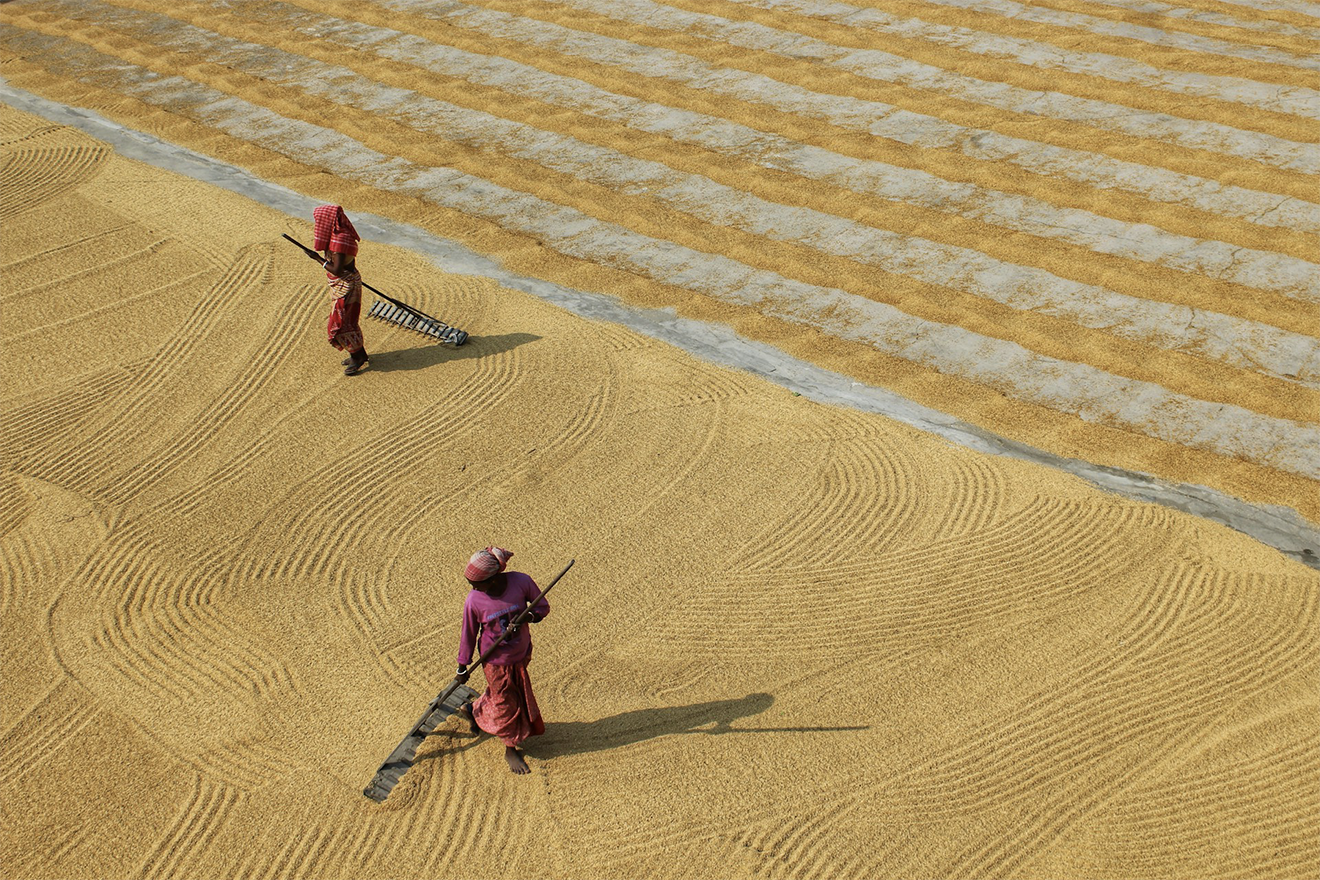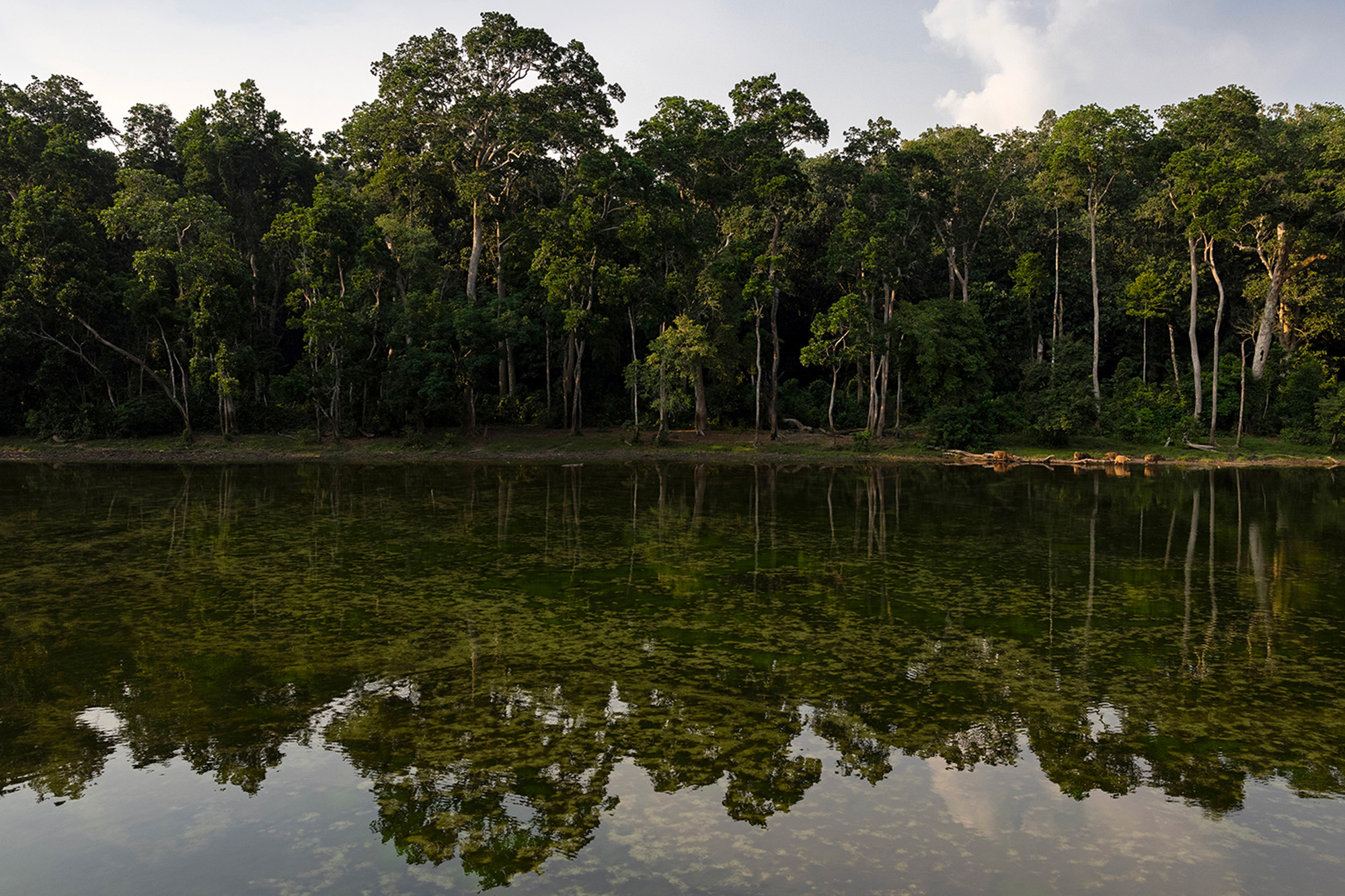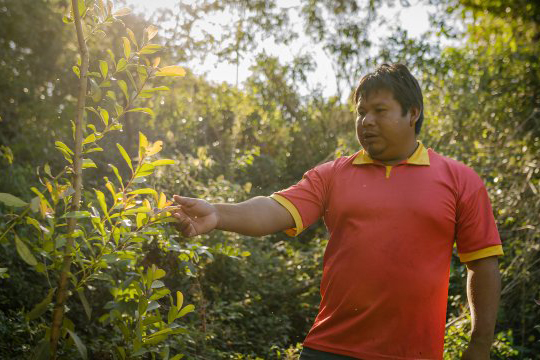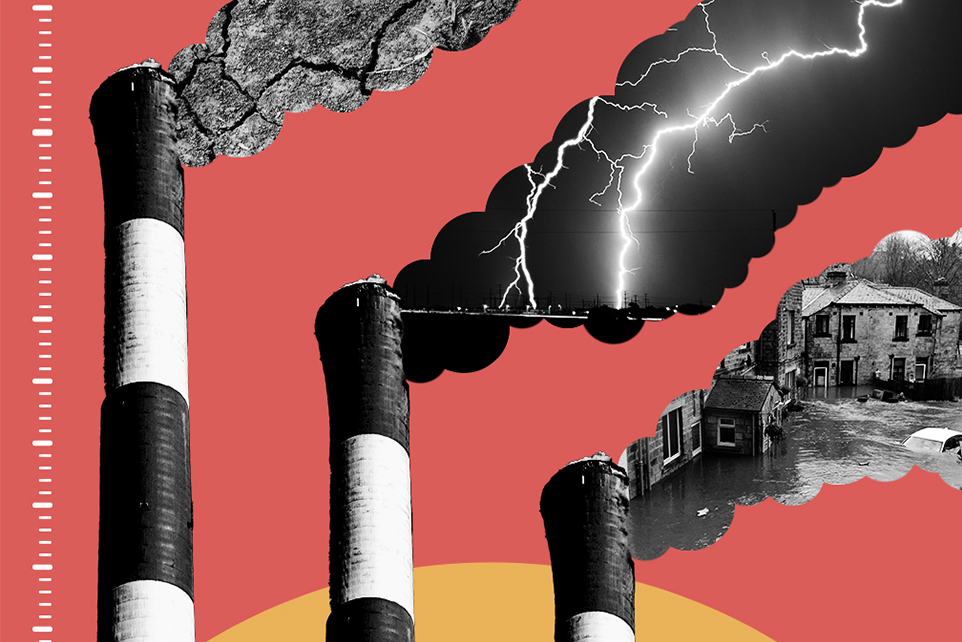Find out more in
Global Issues:
From extreme heat and rising sea levels to biodiversity loss and pollution, Mother Earth is in peril and making a clear call to action - a need to shift to a more sustainable economy that works for both people and the planet. This International Mother Earth Day, let’s mobilize for the planet and all the life it supports. There are steps every one of us can take to protect nature, tackle climate change, and promote harmony with the Earth. Speak up, log your actions, and help save our planet with the UN’s ActNow campaign!
Watch the 2050 forecast delivered by Weather Kids, created in partnership with the World Meteorological Organization and The Weather Channel. The campaign is part of UNDP’s efforts to boost awareness on the impacts of climate change and to mobilize people around the world to take meaningful climate action for future generations.
Climate change-induced cocoa price hikes are affecting chocolate lovers globally, highlighting the urgent need for climate action.
Water is crucial to life and economies, but it can also cause or be affected by conflict. The risk of conflict is increasing due to water scarcity and climate change, making effective water resource management essential for peace. Remote sensing, using open-access satellite data, can help monitor water resources, even in conflict-affected areas. The Water Productivity through Open-access of Remotely-sensed derived data, a tool created by the Food and Agriculture Organization of the United Nations (FAO), has been used in conflict zones like Syria, Sudan, Mali, and Sri Lanka to monitor water resources, reduce conflict, and restore access to water.
A new report from the World Meteorological Organization (WMO) shows that records were once again broken, and in some cases smashed, for greenhouse gas levels, surface temperatures, ocean heat and acidification, sea level rise, Antarctic sea ice cover and glacier retreat.
Climate change is causing more frequent and intense heat waves worldwide, which negatively impact the health and well-being of vulnerable populations, particularly children. UNICEF and partners urge governments to take urgent action and ensure that frontline health workers are trained to recognize and treat heat stress, health facilities are equipped to cool heat victims, and healthcare systems are connected to meteorological services in high-heat regions. Additionally, health facilities should have cool public spaces for people to safely seek refuge during heat waves.
Empowering women in environmental initiatives is essential for addressing climate change, as their participation fosters innovative solutions for a more sustainable future.
Climate change won’t end cold waves. Fewer and weaker cold waves may actually be more impactful if we let cold waves fall off our radar and neglect preparedness.
The World Food Programme highlights women's vital role in climate resilience amidst heightened vulnerability and underrepresentation in decision-making.
“The unjust climate” report by FAO measures the impact of climate change on the poor, women, and youth. It demonstrates how climate stressors widen the income gap among rural people along the lines of class, gender and age. By combining socioeconomic data from rural people across 24 countries with over 70 years of climate data, this report reveals how climate change has more adversely impacted female-headed households' livelihoods than male-headed households’. We urgently need to increase awareness of these disparate climate impacts and to direct additional resources towards women's empowerment.
In Kabo village, men play a game with beans. The beans represent wild animals, the bag is the forest, and the players are hunters. Once the bag is empty, they all lose. This game is designed to show the consequences of unsustainable hunting on future generations' food and incomes. The Bantu and Baaka Indigenous Peoples groups in the Congo rely on wild meat as their main source of protein and income. However, overhunting, deforestation, pollution, diseases, and climate change have reduced the population of wild animals in the Congo Basin. The Sustainable Wildlife Management Programme, coordinated by the Food and Agriculture Organization of the United Nations (FAO) and three other organizations, works to restore the balance between food security and wildlife conservation.
The Buildings and Climate Global Forum, co-organised by France and the United Nations Environment Programme (UNEP), with the support of the Global Alliance for Buildings and Construction, is taking place on 7-8 March 2024 in Paris. The Forum aims to gather for the first time ministers and high-level representatives of key organizations, to initiate a new impetus in international collaboration after COP28. Governments will endorse a declaration for global efforts in decarbonization and resilience, building on the success of the Buildings Breakthrough launched at COP28 in Dubai.
For generations, Ariel Benitez's ancestors, the Ava Guaraní people, one of the Indigenous Peoples living in eastern Paraguay, have been harvesting the green leaves of the yerba mate tree to make the bitter, caffeinated brew beloved in South America and beyond. With wild yerba mate trees increasingly scarce due to climate change, this community, with FAO’s assistance, is planting new trees to support the environment and their livelihoods. They've planted more than 1,500 of them in combination with several other species of native trees, which are important for both the local ecosystem and as traditional sources of food and medicines.
The Climate and Clean Air Conference 2024 will take place from 21 to 23 February 2024 in Nairobi, Kenya. It will bring together the 86 State Partners and 83 Non-State Partners to discuss the latest science and policy, share best practices, and develop a shared agenda in key emitting sectors like agriculture, waste, fossil fuels, household energy, heavy-duty vehicles and engines, and cooling. Over the next five years the world must make significant progress to slow the climate crisis, reduce air pollution, and address the poverty and inequality that threatens the most vulnerable.

